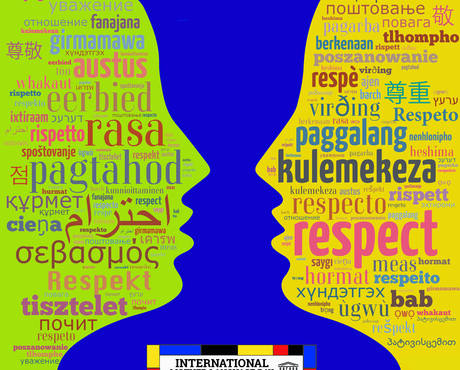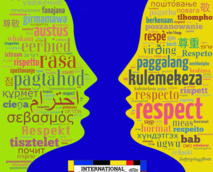On Sunday, the 2016 International Mother Language Day was celebrated all over the world, under the auspices of UNESCO and under the theme Quality education, language(s) of instruction and learning outcomes.
This theme, informs the UN in a press note, highlights the importance of mother languages for quality education and linguistic diversity, to take forward the new 2030 Agenda for Sustainable Development.
“Mother languages in a multilingual approach are essential components of quality education, which is itself the foundation for empowering women and men and their societies”, says the UNESCO Director General Irina Bokova.
In Sustainable Development Goal 4, the 2030 Agenda focuses on quality education and continuous learning for all in order to enable every woman and man to acquire skills, knowledge and values to become everything they wish and fully participate in their societies. This is especially important for girls and women, as well as for minorities, indigenous people, and rural populations.
This is reflected in UNESCO’S Education 2030 Framework for Action, a roadmap for the implementation of the 2030 Agenda, which encourages full respect for the use of the mother language in teaching and learning, and the promotion and preservation of linguistic diversity.
UNESCO brings the same focus to the promotion of linguistic diversity on the Internet, supporting relevant local contents as well as media and information literacy. Through the Local and Indigenous Knowledge Systems programme, UNESCO highlights the importance of mother and local languages as channels for safeguarding and sharing indigenous cultures and knowledge, which are vast reservoirs of wisdom.



 English
English



